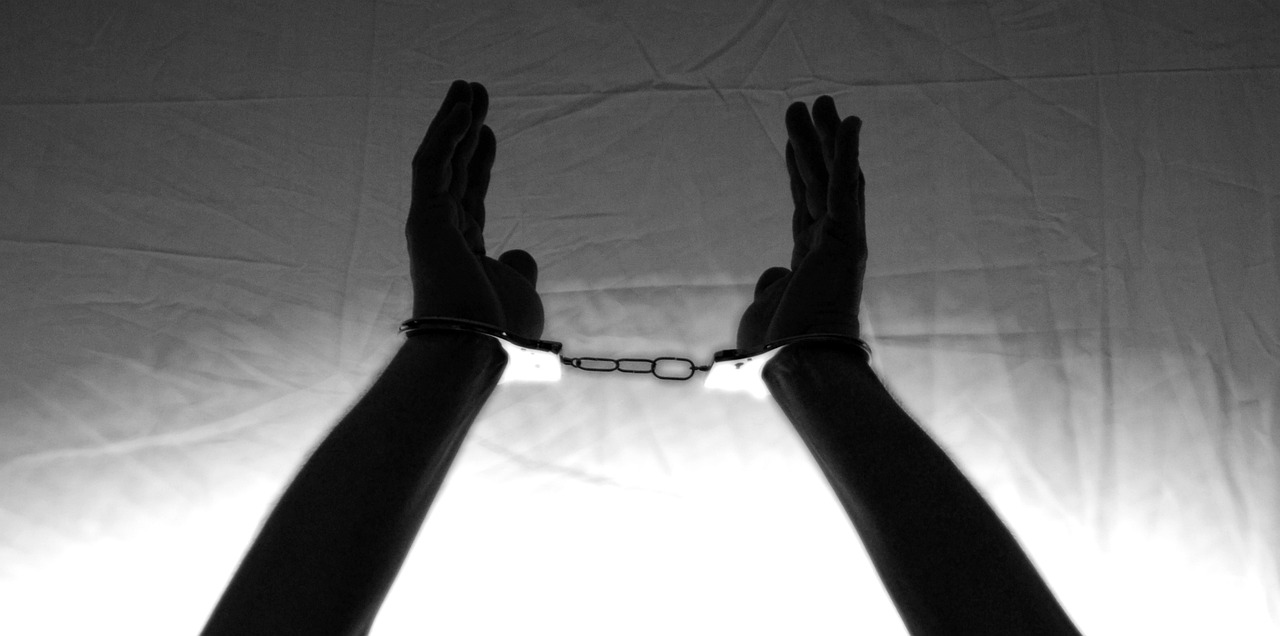BRISBANE, Feb 10 – A University of Queensland study found many Indigenous women who died in custody had not been sentenced by a court, but were on remand or in protective custody.
Tamara Walsh, a professor from UQ Law School and a team of law students conducted the four-year study on Australian deaths in custody, which involved analysing 736 coroners’ inquest reports dated between 1991 and 2020.
The study, published in The Howard Journal of Crime and Justice, found that 16 of the 34 women who died in custody were Aborigines or Torres Strait Islanders, and many of these deaths were preventable.
“These findings shed more light on the systemic racism embedded in the Australian criminal law system,” Walsh said.
“Most women in our study shared a range of individual risk factors, such as domestic violence, child protection interventions, and physical and mental illness, and many experienced systemic racism from corrective services officers, police officers, and the medical professionals assigned to treat them.”
Walsh said only two of the 16 Indigenous women who died in custody had been sentenced by a court. “The vast majority of Indigenous women in our study were in custody on remand or in ‘protective custody’ because of public intoxication laws.
“In cases where Indigenous women were detained for intoxication, the coroners questioned why police didn’t make more effort to take them to a hospital or contact family members to collect them.”
Walsh said it was concerning that many Indigenous deaths in custody were preventable. “Some coroners commented that the women were being accommodated but not cared for while in custody.
“Other coroners found that police sought medical care for the women in their custody but were turned away by health services, who assumed the women were drunk or had behavioural issues, and this resulted in missed opportunities to provide life-saving treatment.”
In two cases, Indigenous women died of untreated infections from domestic violence-related injuries, while three others died from respiratory failure after being left unmonitored in a cell while intoxicated.
Walsh said some coroners’ findings supported calls by Indigenous activists and scholars to find alternatives to women’s detention and the decriminalisation of ‘racialised’ offences such as public drunkenness.
“What I conclude from this study is that imprisonment is an inappropriate and damaging response for women,” she said. “Separating women from their children and criminalising them in the context of family violence and drug use causes further harm to the women, their families and ultimately the community.
“My hope is that supportive, holistic, welfare-based responses will become routine.”












